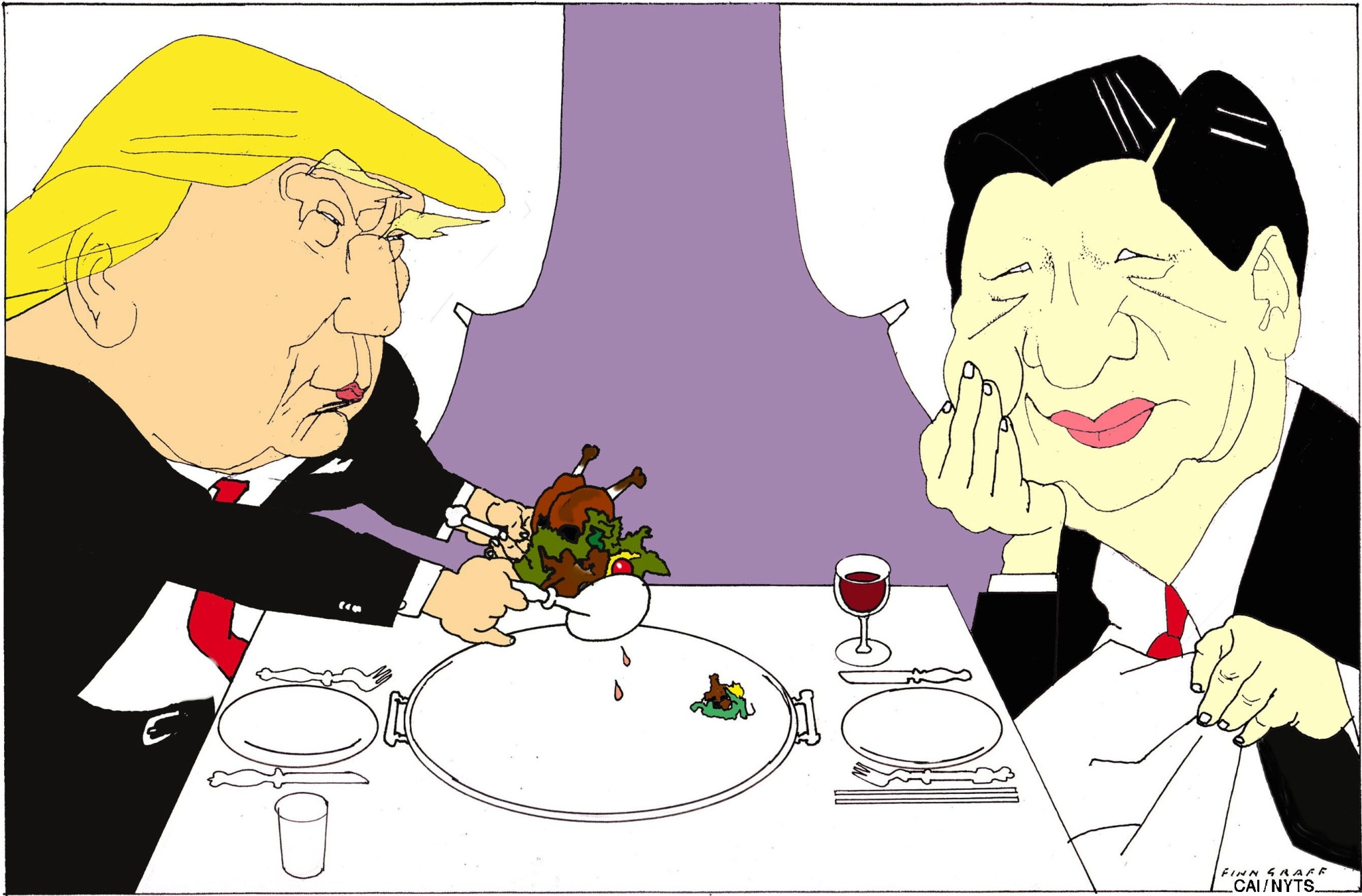Just because the United States and China have agreed to call a truce in their trade war doesn't mean that it's over: This was a classic exercise in can-kicking. Nonetheless, most cans have quite a few kicks in them, and overall this is good news for the global economy. Instead of sweeping everything under the rug, as was the case before U.S. President Donald Trump took office, America and China have found a new way of addressing conflict by talking openly.
Let's consider the announcement itself. The U.S. has pledged to postpone raising tariffs to 25 percent on $200 billion of Chinese goods. China in turn has pledged to buy more U.S. goods, and the two countries have 90 days to reach a broader trade agreement, which is supposed to cover forced technology transfer and cyberattacks in addition to typical trade issues. That's not enough time to allow the bureaucracies to work out the relevant details, but extensions can and probably will be granted.
The symbolic elements of the deal are at least as important. First, China has acknowledged that exports of fentanyl, a highly addictive synthetic drug, are a very real problem for the U. S., and has pledged to ban them. In addition to the benefits of the ban itself, simply getting China used to the idea of accepting blame — for anything — counts as a step forward. It's a sign that China will start conducting its diplomacy less defensively and more like a normal member of the global community.

















With your current subscription plan you can comment on stories. However, before writing your first comment, please create a display name in the Profile section of your subscriber account page.